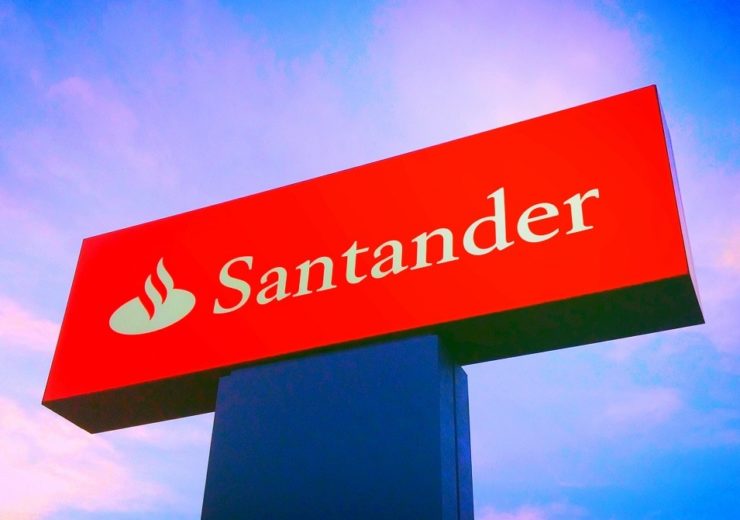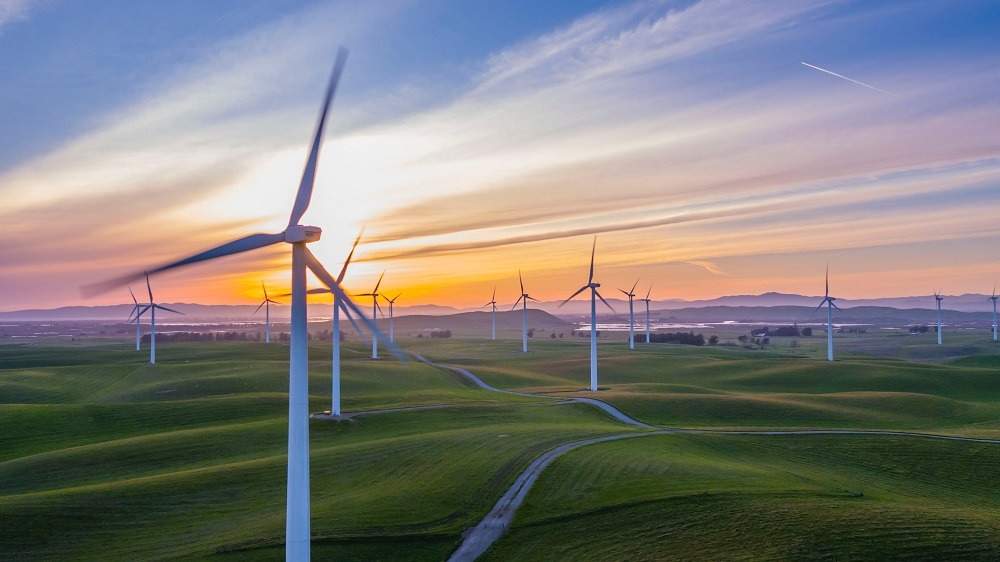It is the first time Santander has claimed top spot on the annual sustainability rankings, which take into account economic, environmental and social impact

Santander was named the top bank on the latest Dow Jones Sustainability Index (Credit: Mike Mozart/Flickr)
Spanish finance giant Santander has been named the world’s most sustainable bank in the latest publication of the Dow Jones Sustainability Index (DJSI).
The annual assessment of the economic, environmental and social impact of corporate entities around the world included more than 175 banks in its review.
It is the first time Santander has topped the index of global banking institutions, having been ranked third in 2018 and eleventh in 2015.
Santander executive chairwoman Ana Botín said: “As one of largest banks in the world, we set a clear strategy five years ago to focus on building loyalty among our 140 million customers, transforming our bank so it is more responsible and sustainable company, and delivering for all our stakeholders, today and tomorrow in a way that is simple, personal and fair.
“We have been fulfilling our purpose — to help people and businesses prosper — by actively promoting inclusive growth, supporting job creation and greater financial empowerment, and fighting climate change by supporting the transition to the green economy.”
Santander has made a concerted effort to boost sustainability credentials
Santander was awarded an overall score of 86 out of 100 by the sustainability assessment — scoring maximum points in criteria including tax strategy, privacy protection, environmental reporting, corporate citizenship and philanthropy, and financial inclusion.
Other measurements considered by the scoring system include anti-financial crime policies and climate strategy.

Botín added: “To be a world leader on the Dow Jones Sustainability Index — a key benchmark for industry — shows we are successfully executing our strategy across the bank.
“We are not complacent — there is much more to do, and we will now build on these strong foundations.”
The bank has made efforts to improve its ethical credentials in recent years, raising close to €50bn ($55bn) for green financing between 2015 and 2018, as well as engaging with education and financial inclusion projects.
Earlier this year, it outlined a series of commitments to responsible banking in support of the United Nations’ Sustainable Development Goals.
These include raising a further €120bn ($132.4bn) in green financing over the next five years, as well as extending its microfinance and financial education programmes to more than 10 million people worldwide during the same period.
